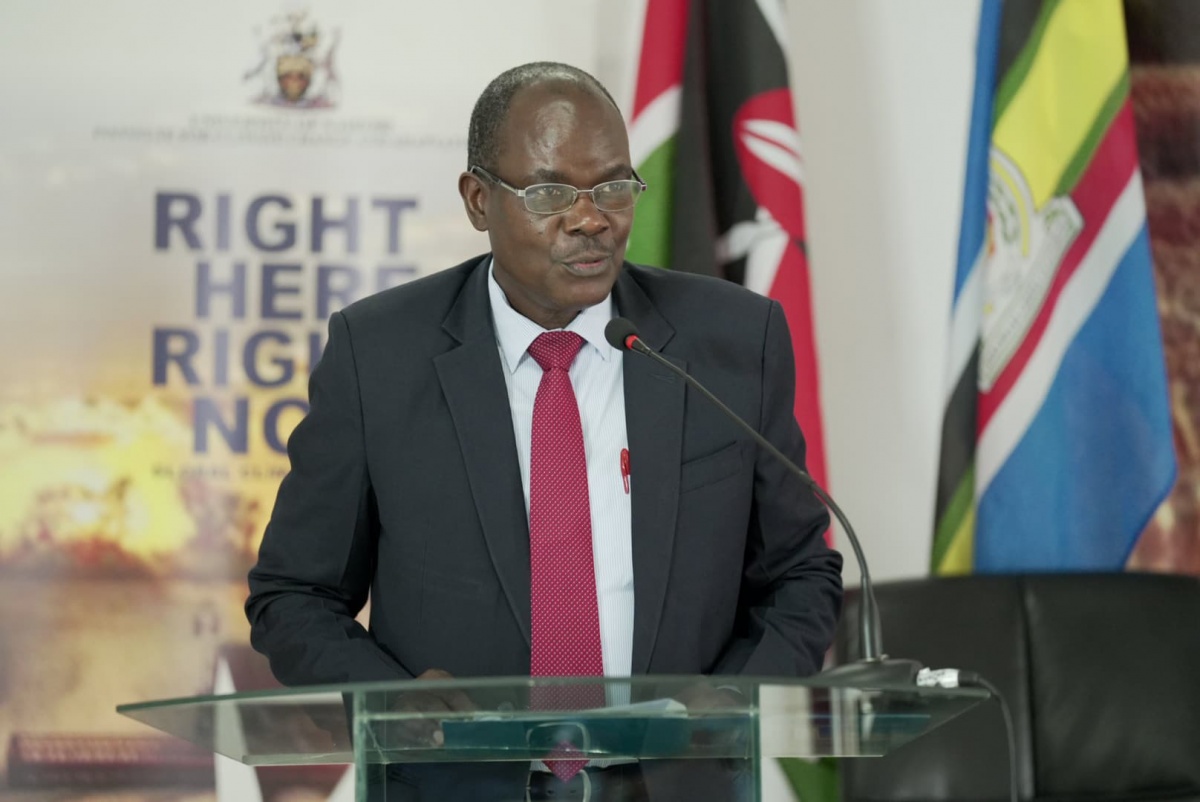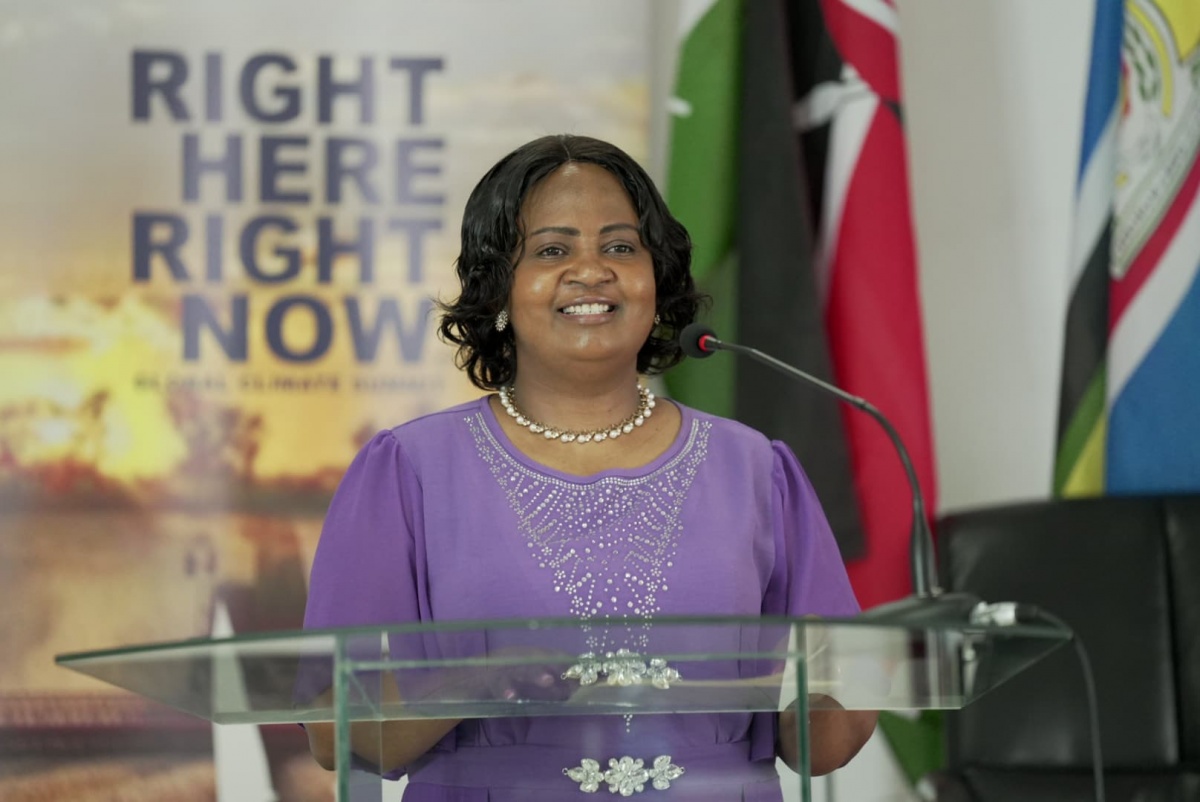Right Here, Right Now Global Climate Summit 2025
The University of Nairobi, through the Institute for Climate Change and Adaptation, was among the 7 universities that co-hosted the RIGHT HERE, RIGHT NOW GLOBAL CLIMATE SUMMIT.
UN Human Rights, the University of Oxford, and the International Universities Climate Alliance were the main hosts of the global summit on climate change and human rights. The 2025 Summit aim was to advance human rights-based solutions to the climate crisis, amplify environmental human rights defenders' voices, reinforce the global climate justice movement, and inspire people, particularly students, as advocates and leaders for human rights-based climate action.
Other university partners include the University of the South Pacific, the University of Colorado Boulder, the University of Cape Town, UNSW Sydney, Monash University, the Himalayan University Consortium, the University of the West Indies, and the University of São Paulo.
In Kenya, the event brought together experts, academics, and even activists to discuss climate justice through human rights solutions. The event was more than just a conference; it was a movement. The summit had already kicked off in different countries, and now it was Nairobi's turn to take the baton from 9:00 am to 1:00pm.
The Acting Deputy Vice Chancellor of Human Resources and Administration, Prof. John Mande, speaking on behalf of the Vice Chancellor, University of Nairobi, welcomed all the guests, including H.E. the Second Lady of the Republic of Kenya, Dr. Joyce Kithure. ' I welcome you all to this summit, which will be discussing the various facets of the intersection of climate change and human rights, ' he said, 'Under the theme: Accelerating Just Transitions in Africa through Human Rights and Research- into-Action Approaches'.

In her speech, the Second Lady of Kenya, Dr. Joyce Kithure, said that the project aimed at addressing some of the challenges our community faces and the solutions to which can be provided by the collective knowledge and skills, which, Kenyans in the STEM space. She said the priority focus areas of the SaVE Communities Project were: Access to clean and sufficient water, Environmental pollution, Access to clean energy, Climate change and adaptation, Modern farming, Adding value to our produce, and STEM mentorship.

Mr. Charles Kwemoi, OHCHR-Kenya Country Representative, talked about the Climate Crisis, Just Transitions, and Human Rights in Africa. He highlighted the most affected groups and tribes that are facing climate change, for example, those in the semi-arid parts of Kenya and the lack of access to rights, which include the right to water, the right to food, and even the right to health. 'Human rights look at those with less power... Any response strategy to the climate crisis must embrace human rights as a compass to sustainable action.'
Following the panel that focused on Advancing Just Transitions in Africa- Centering Human Rights and Research- Driven Solution for Climate Resilience, Prof. Marion Wanjiku, from the Kenya National Commission on Human Rights, said that justice is about rights, and they are non-negotiable. Clarice Wambua, UoN Centre for Advanced Studies in Environmental Law and Policy, in her speech she showed how the law can be a tool to deal with issues of injustice, using the example of carbon.' Law is one tool, but again, we can't have a law, and there is a lack of knowledge and awareness.' She said,' There is a need for more knowledge on how to use courts and tribunals.' Ms. Olive Mumbo, UN Global Compact, said that their aim was to include the marginalized communities mainly from the Coastal region, and have several programs that focus on the private sector, but also the Ocean sectors.
On the panel on the Youth Perspectives on Environmental and Climate Justice Issues and Challenges, the panelists urged the youths to express freely in the Youth Lead Climate Action, for that is one of their rights. Institutions and stakeholders were asked to create spaces for the youth where they can embrace their views and lend them a listening ear.
The University of Nairobi passed the baton to the next host, which was the University of Cape Town in South Africa. The event had been a success, not just in discussions, but in igniting a fire within every attendee.
The Right Here, Right Now Global Summit had proven one thing; change was not coming, it was already here, and it was happening right here, right now.
